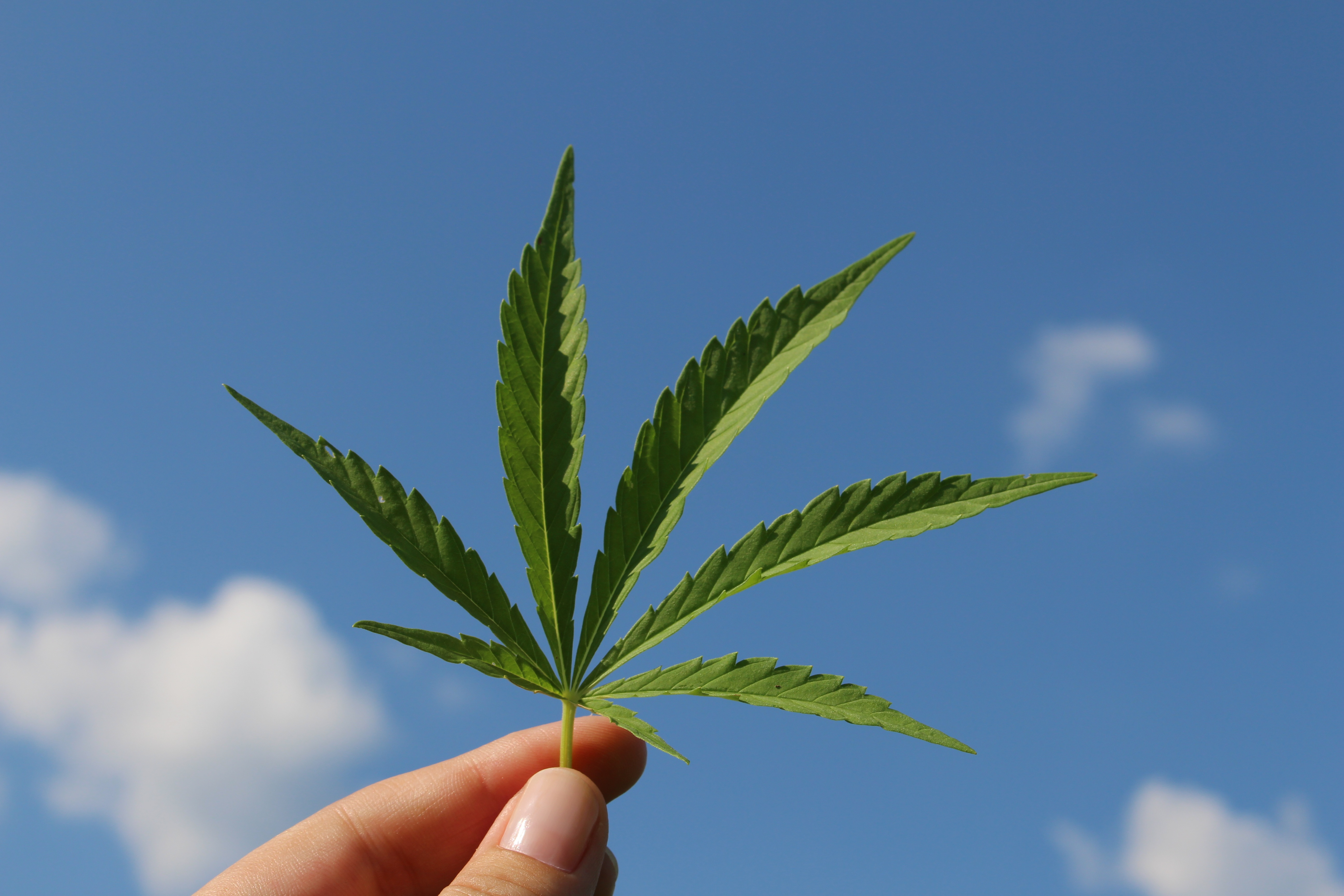The United States just legalized hemp.
Pres. Donald Trump signed the Agriculture Improvement Act of 2018, better known as the 2018 Farm Bill, earlier today. This omnibus bill includes numerous programs and policy changes, not all of which are related to agriculture. For hemp supporters and industry professionals, it’s a cause for celebration. Hemp is now out of reach of the Drug Enforcement Administration and, with a few notable exceptions, closer to being treated like any other crop.
“It’s been a long time coming and a lot of people have put a lot of effort in to get [legal hemp] to happen,” said Courtney Moran, founding principle of Earth Law, LLC, a firm that specializes in hemp law.
Spearheaded this year by Sen. Mitch McConnell, the hemp legalization amendment was inspired by previous efforts from Rep. James Comer, and decades of advocacy work by hemp supporters nationwide. Legalizing hemp had bipartisan support in both the House and Senate. Legislators softened the most problematic clause in the amendment, which bans some people with felony drug convictions from participating in the hemp industry, during negotiations between the two chambers.
One remaining uncertainty is CBD oil, the massively popular healing supplement made from hemp. Now out of reach of the DEA, negotiations with the Food & Drug Administration over the supplement’s legality could be complex.
“We’re feeling terrific but the battle is not over,” said Jonathan Miller, general counsel to the U.S. Hemp Roundtable, an industry advocacy organization. “We’ve got state laws that we need to deal with, we’ve got the FDA issues looming.”
Legalizing hemp in the U.S. marks a major change for American agriculture itself. We expect to cover numerous aspects of this law in the coming days, but this article offers an overview of the major changes and what we can expect next from legal hemp in the United States.
Industrial hemp removed from Controlled Substances Act, fully legalizing hemp
Hemp in all its forms — whether used as food, medicine, or textile — represents one of the first crops domesticated by humans. Then, the war on drugs brought about negative associations with psychoactive cannabis (“marijuana”) that spilled over onto hemp, marijuana’s close cousin. The result was decades of prohibition in the U.S., broken only for a brief period of hemp growing during World War II.
In 2014, Pres. Barack Obama signed a previous version of the Farm Bill which partially legalized hemp under state-based research programs. In 2017, 19 states grew a total of 25,713 acres of hemp in the U.S. However, laws vary greatly even among hemp growing states. Most hemp is still imported, while a gray cloud of legal uncertainty hung over the industry due to ongoing policies tying hemp to federal drug prohibition.
Read more at Ministry of Hemp.
Legal Hemp In The USA: What The 2018 Farm Bill Means For US Hemp & Agriculture
The United States just legalized hemp. Pres. Donald Trump signed the Agriculture Improvement Act of 2018, better known as the 2018 Farm Bill, earlier today. This omnibus bill includes numerous programs and policy changes, not all of which are related to agriculture. For hemp supporters and industry professionals, it’s a cause for celebration.
